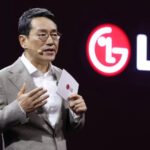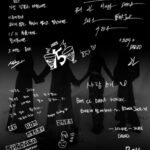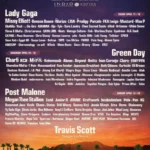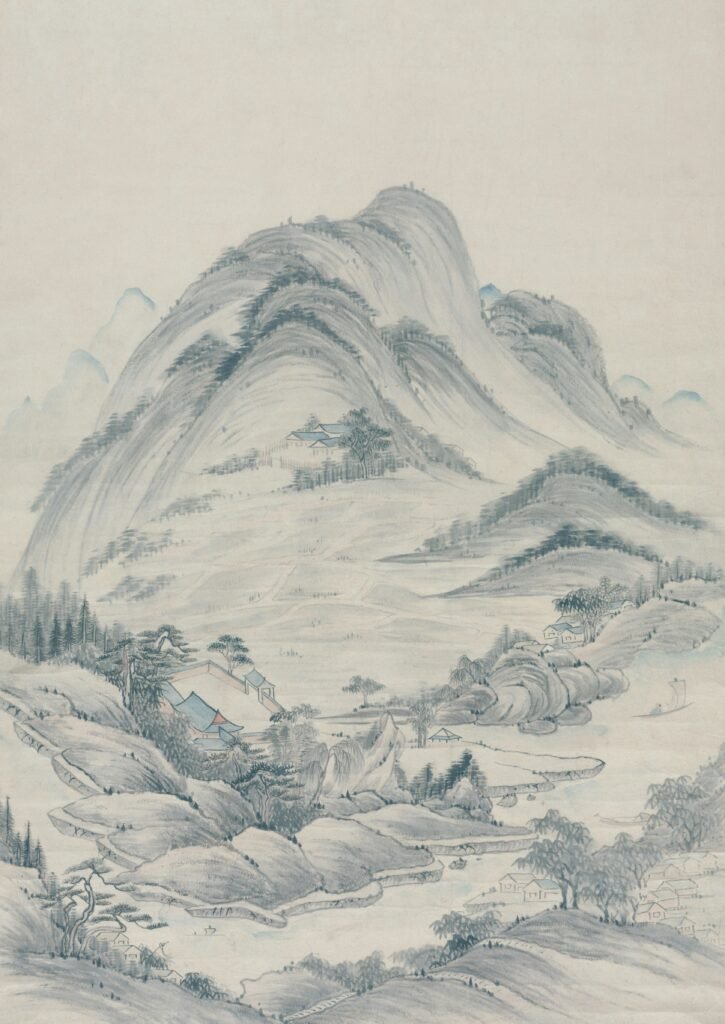Heeppo : Oh Na Na Na
“Oh Na Na Na” is a nostalgic-sounding indie rock track from Heeppo. It’s got a low-key swag that just feels fun. An excellent song.
Instagram | Apple Music | Spotify | YouTube Music
BRWN : illusion (Feat. Eunyong Sim)
BRWN‘s “illusion” is an interesting ambient and synth mixed with R&B song. There’s also the addition of what I think is a gayageum and that adds a different melodic line to the entire track. It’s something different in the best way.
Instagram | Apple Music | Spotify | YouTube Music
Moon Patrol : DIVE TO YOU
Moon Patrol is a modern melodic rock band. “DIVE TO YOU” is a checklist for a popular song of this genre. So the result is a fully realized and enjoyable song.
Apple Music | Spotify | YouTube Music
Men And Them : Free Like A Bird
On their Spotify bio, It states that Men And Them is influenced by sounds of the 1960s and 1990s. That’s an accurate description for “Free Like A Bird” too. It sounds like a fusion of the two eras with a little more lean into the 60s.
Instagram | Apple Music | Spotify | YouTube Music
Daymonths : The Flowery Rain
“The Flowery Rain” sounds like an OST ballad in a good way.
Apple Music | Spotify | YouTube Music
GHIK : aftersun
I didn’t know sucozy had another product but I’m glad that GHIK sounds different. “aftersun” is like a walk at dusk as the sun sets and the night takes over.
Instagram | Apple Music | Spotify | YouTube Music
Omibi : Illusion
The start of “Illusion” tricked me into thinking the song would be some sort of shoegaze and moody indie rock. But when Omibi starts with the vocals, the song takes another form. It’s a song that builds with each verse into something more complex.
Instagram | Apple Music | Spotify | YouTube Music
Written by Chris P for Korean Indie.















